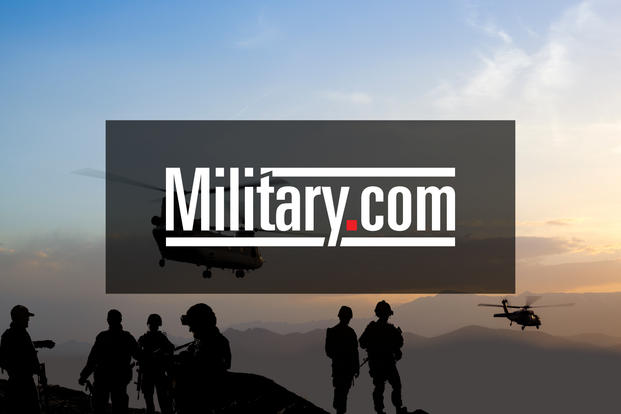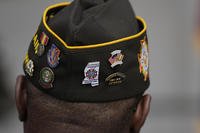A law signed by President Donald Trump on June 25 to provide compensation to ill veterans who served on Navy ships in Vietnam also made several changes to Department of Veterans Affairs-backed home loans for all eligible veterans.
Starting Jan. 1, any veteran who wants to take advantage of the VA's "zero-down payment" loan program will be able to do so, even in areas with high housing costs where veterans have historically been required to make a 25% down payment.
Under current law, the VA's maximum loan guarantee amount is calculated as a percentage of the Federal Home Loan Mortgage Corporation Act (Freddie Mac) limit, which is $484,350 for most counties.
Essentially, since the VA's guaranty of a loan is 25%, its maximum allowable amount for a loan was capped at the Freddie Mac limit. If a veteran wanted to buy a more expensive home, he or she was required to pay 25% of the difference or not use the VA program.
The new law eliminates the Freddie Mac link to VA loans and instead will make the maximum guaranty 25% of the loan amount.
"For many veterans who are seeking to purchase a home in high-cost areas, the Freddie Mac limit is too low for VA's zero-down payment loan program," noted the report that accompanied the Blue Water Navy Act of 2019.
The law addresses the "issue and makes the home loan benefit available to all veterans and service members who qualify," the report noted.
For mortgage brokers, veterans tend to be a reliable investment: The delinquency rate for VA mortgages is 3.71%, compared with the Federal Housing Administration rate of 8.65%.
The foreclosure rate for veterans with conventional loans is also extremely low, at 1.98%, according to the Mortgage Bankers Association.
Whether the delinquency and foreclosure rates will stay that way with the higher allowances remains to be seen. But in the report, House Veterans Affairs Committee members expressed confidence that the VA's strict underwriting standards and "low foreclosure rates will ensure that veterans still have the required credit and income to qualify for a loan."
Regardless of the loan size, most veterans seeking a VA-backed home loan will pay more in VA funding fees in the next two years. Starting Jan. 1, the funding fee for a zero-down payment VA loan for active-duty veterans will increase from 2.15% to 2.3% for a first-time loan and from 3.3% to 3.6% for subsequent VA loans.
Veteran reservists would see their VA loan fees drop by .10%, from 2.4% to 2.3% for first-time loans, but increase for subsequent VA loans from 3.3% to 3.6%.
The law also made smaller incremental changes on VA funding fees for veterans paying 5% or 10% down.
The higher fees will remain in effect until Jan. 1, 2022. Then, they will revert to their current rate unless new legislation is passed that amends the schedule.
The fees are to be increased to pay for disability compensation for veterans who served on ships off the coast of Vietnam during the war, as well as those who served in the Korean demilitarized zone from Sept. 1, 1967, to Aug. 31, 1971.
The new law also removes the loan limit for the Native American Direct Loan Program and exempts Purple Heart recipients from paying the funding fee.
For more information on VA home loans, see the VA's home loan page.
-- Patricia Kime can be reached at Patricia.Kime@Military.com. Follow her on Twitter at @patriciakime.
Don't Miss a Single Military.com Story
To read the full article and get exclusive benefits, sign up today.
It’s FREE
Why am I seeing this? Visit our FAQs













